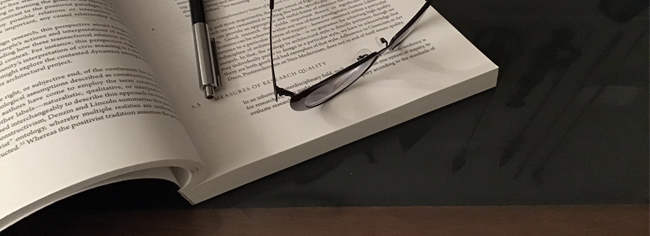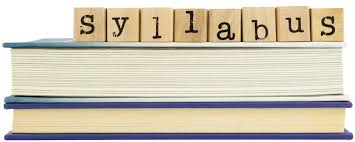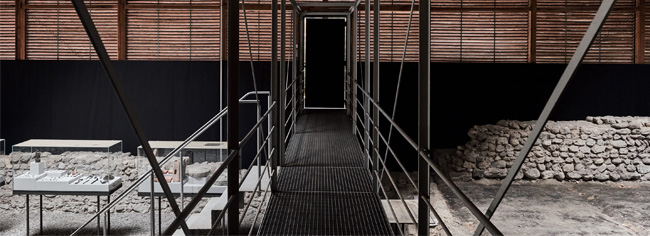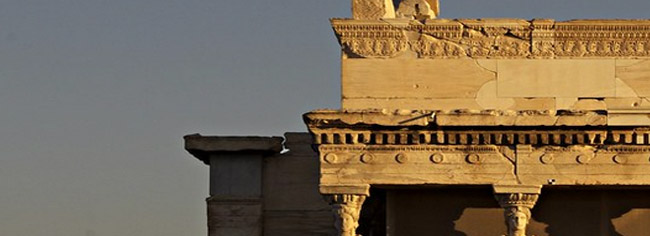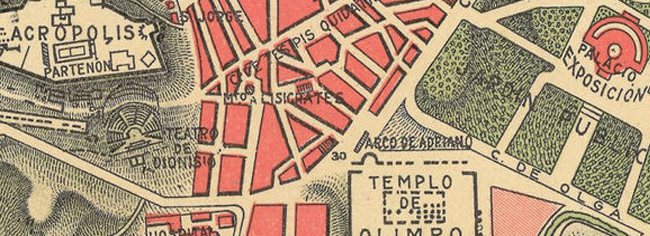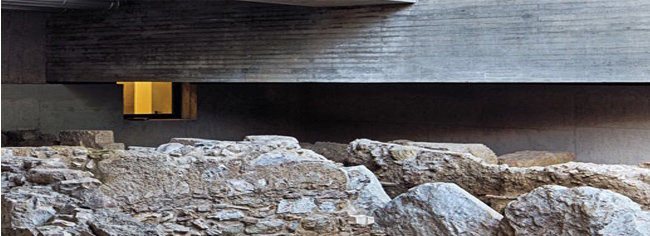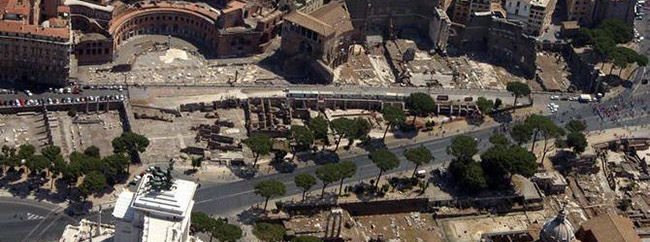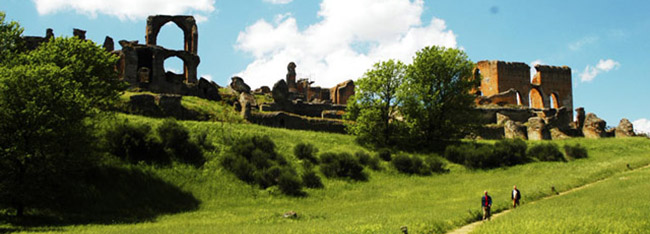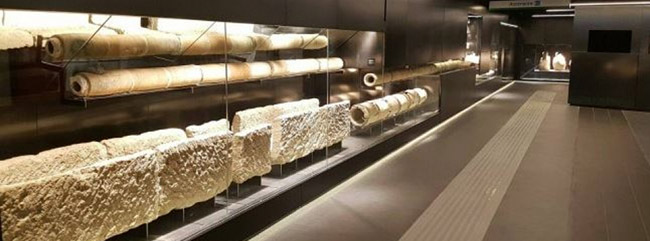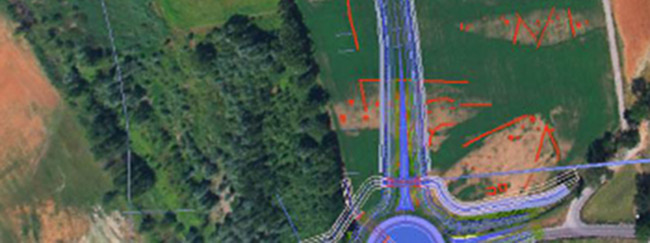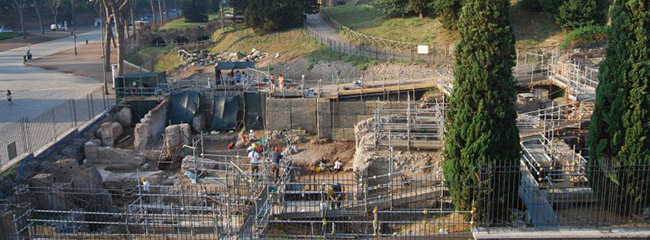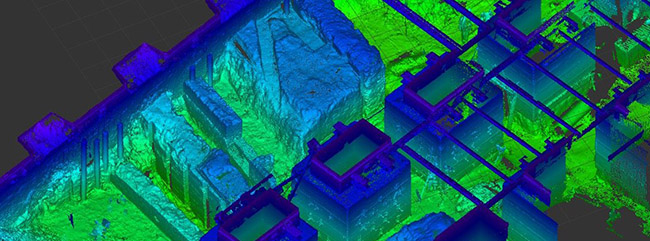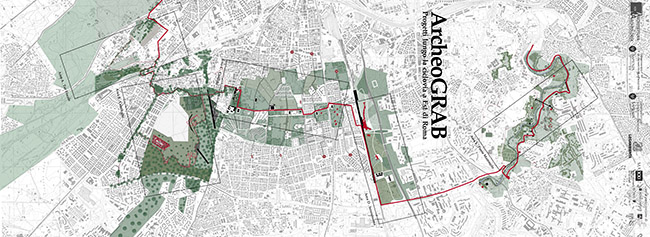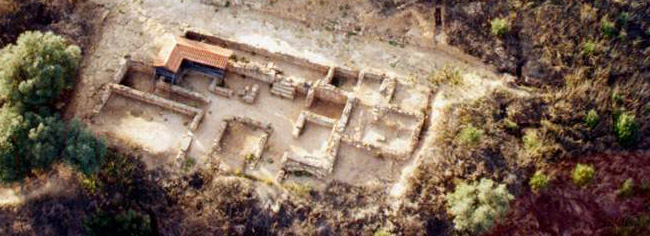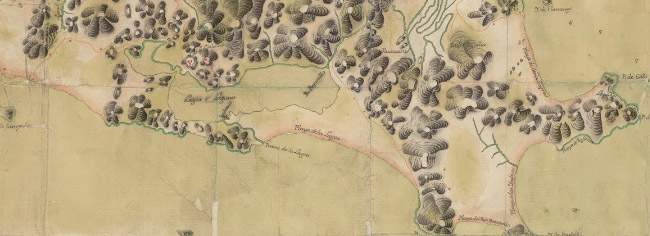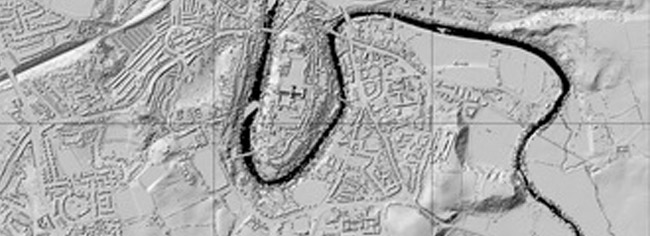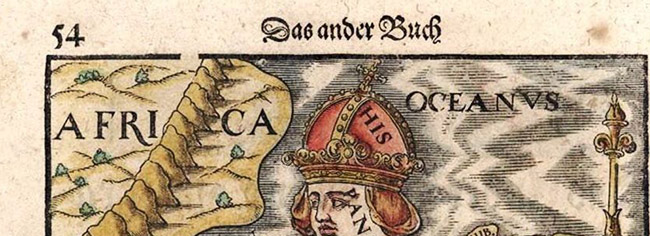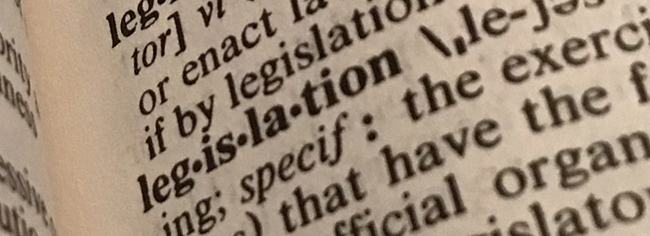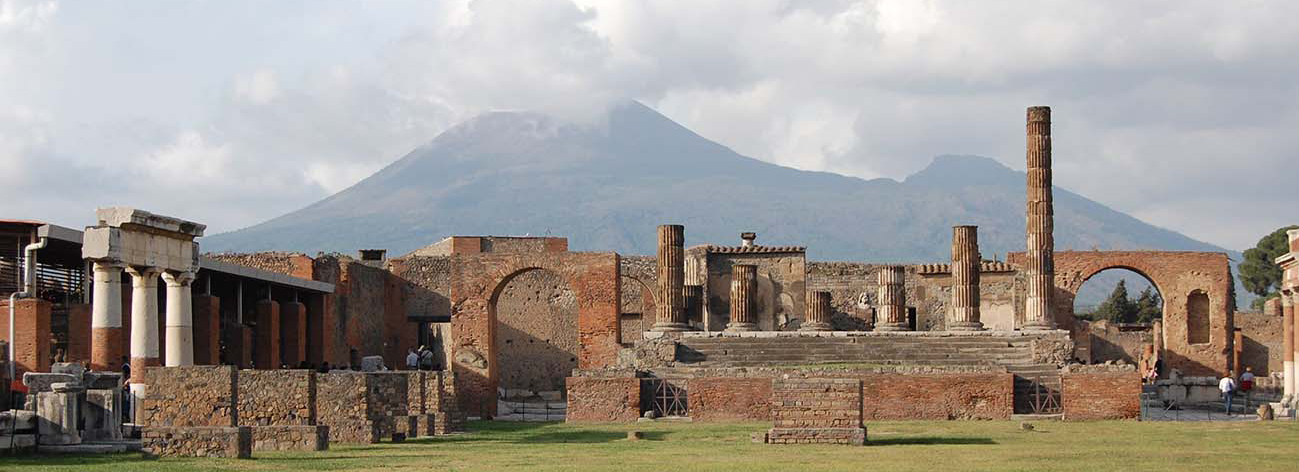Available courses
The Research Methods Course (RMC) is space for reflection, where “doubt” will be a productive
tool to problematize and formulate hypothesis that need to be tested. In fact, it’s a conceptual
laboratory that will take researchers from ideation to argumentation.
Nevertheless, RMC is also a space for action, where “decision” will be also an important tool to
build a strategy based on a sequence of methods that need to be implemented, in order to
collect and analyse data.
This process of reflection and action will allow the researcher to arrive at a
systematization of results or recommendations that will support the following investigations.
To validate these achievements, the researcher needs to discuss the previous steps with
the scientific community, namely the jury, conferences or publications
This online course aims to problematize, organize and develop the research phases that will
structure the Thesis Project in the field of Architecture, Landscape and Archaeology.
The course will follow an e-learning teaching method, mandatory to all the students of the joint
master. The theoretical lessons will be offline with 15-20 minutes prepared by each teacher with
a PPT and bibliographic support. The practical lessons will be workshops to discuss the students'
proposal in realtime with a group of teachers from each university.
The four universities are going to share a common online platform. This platform aims to keep
the academic staff and students updated on the didactic contents taking place in every
university.
The e-learning platform allows the academic staff to follow the progress of the students, and
facilitates students going back in their own time, and revisit the past lectures.
The intersection of teaching methods with the objectives of the course calls for the development
of the following skills which are developed with exercises scheduled in the areas of architecture
and archaeology:
a) Instrumental: documentary sources; methodology and tools in architectural, landscape and
archaeology research; rules and models in architecture and archaeology; processing,
systematization, archiving and information consultation.
b) Personal: competence in critical thinking through participation in discussion groups;
c) Systemic: competence in independent learning and the ability to investigate and develop a
topic in order to produce a research monograph.
